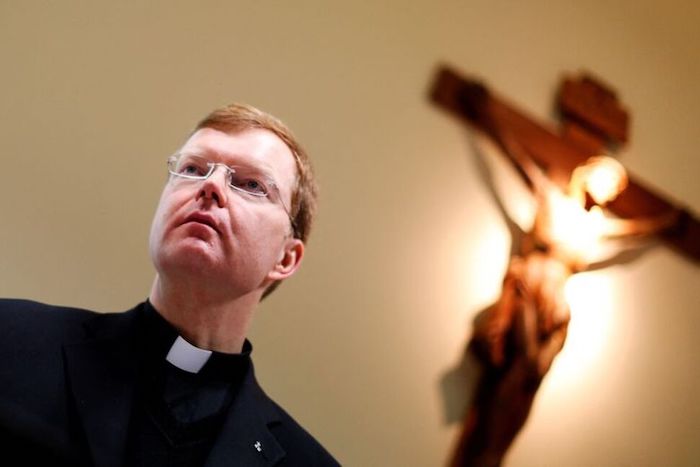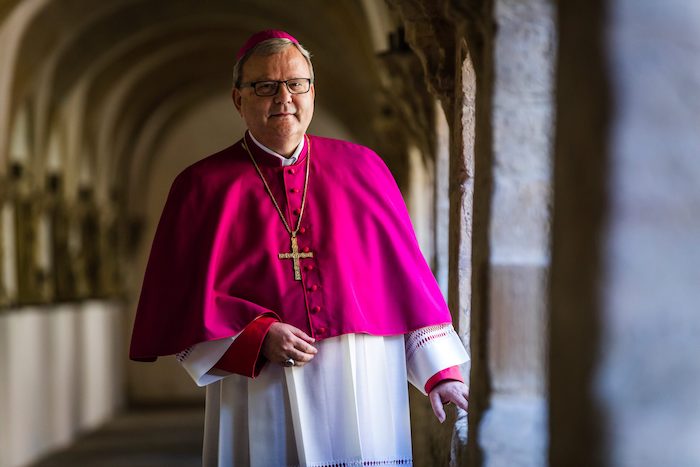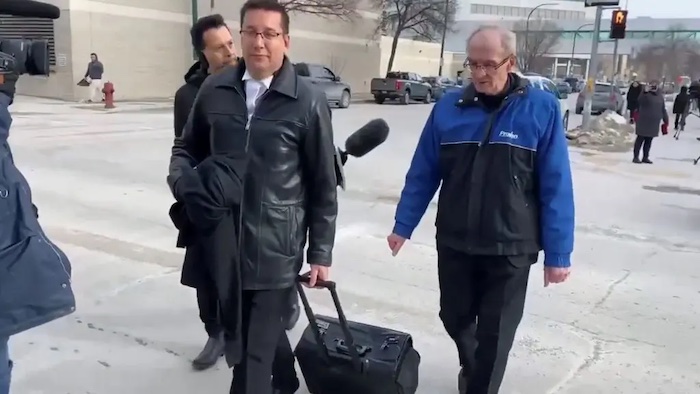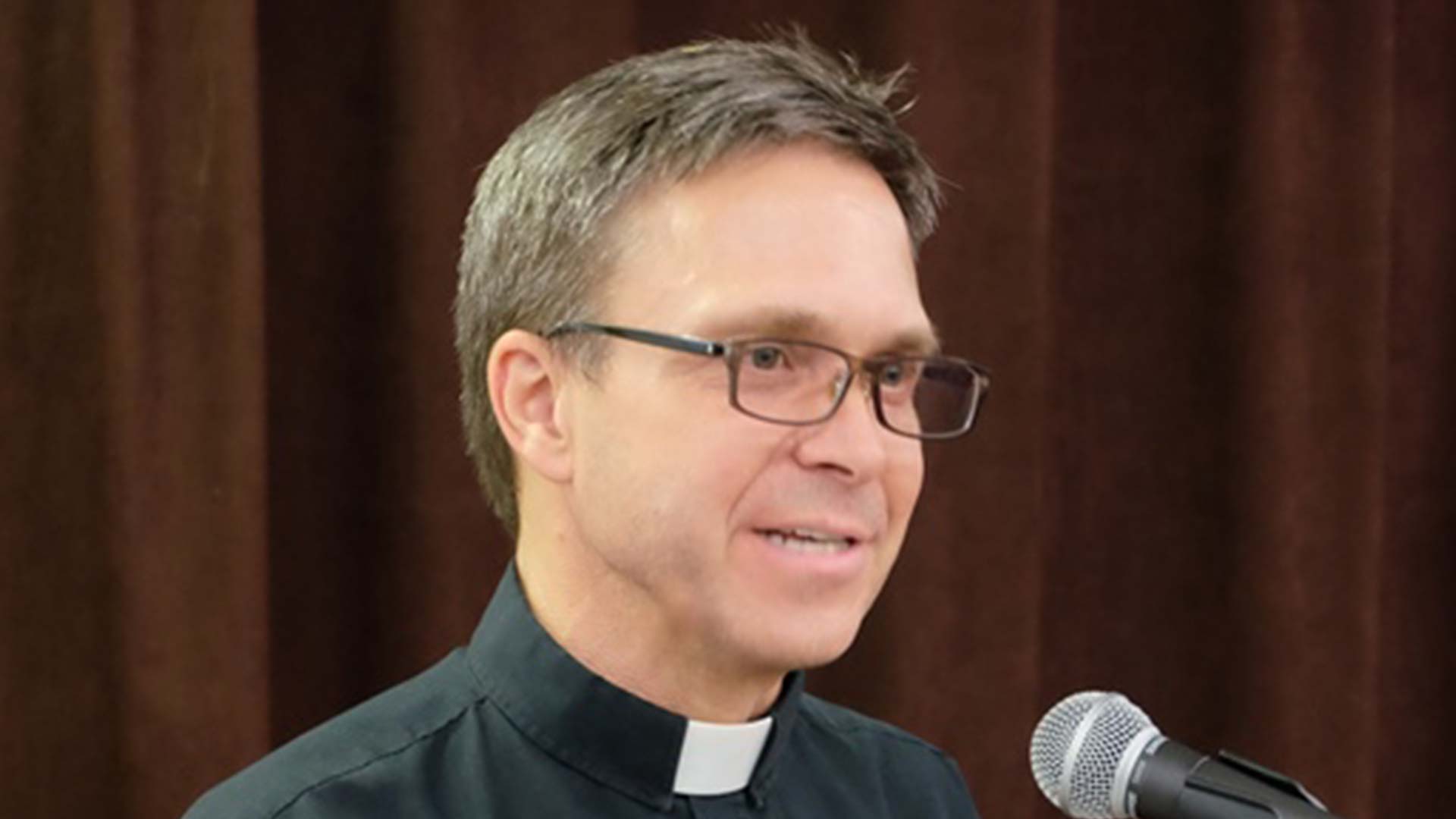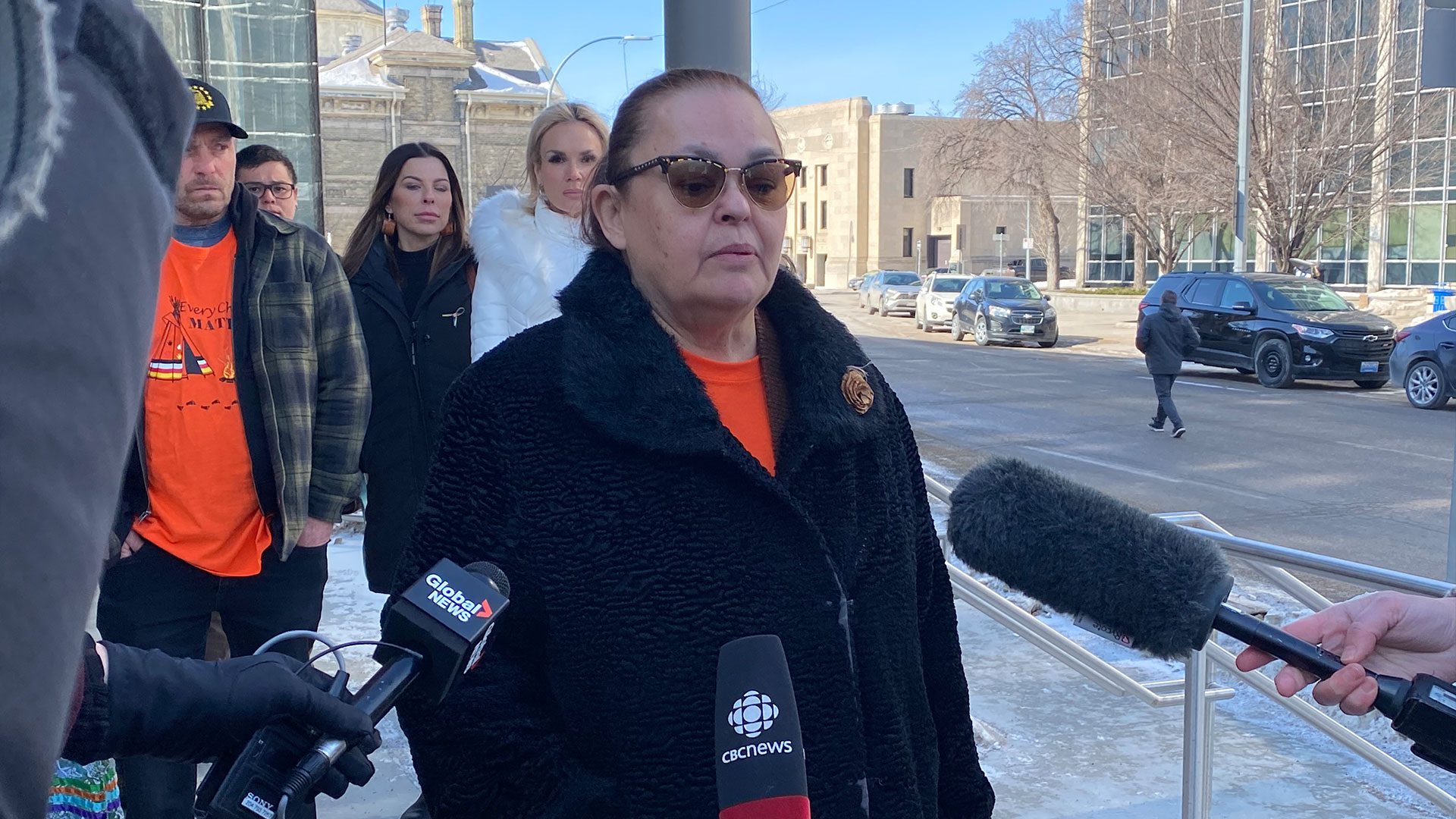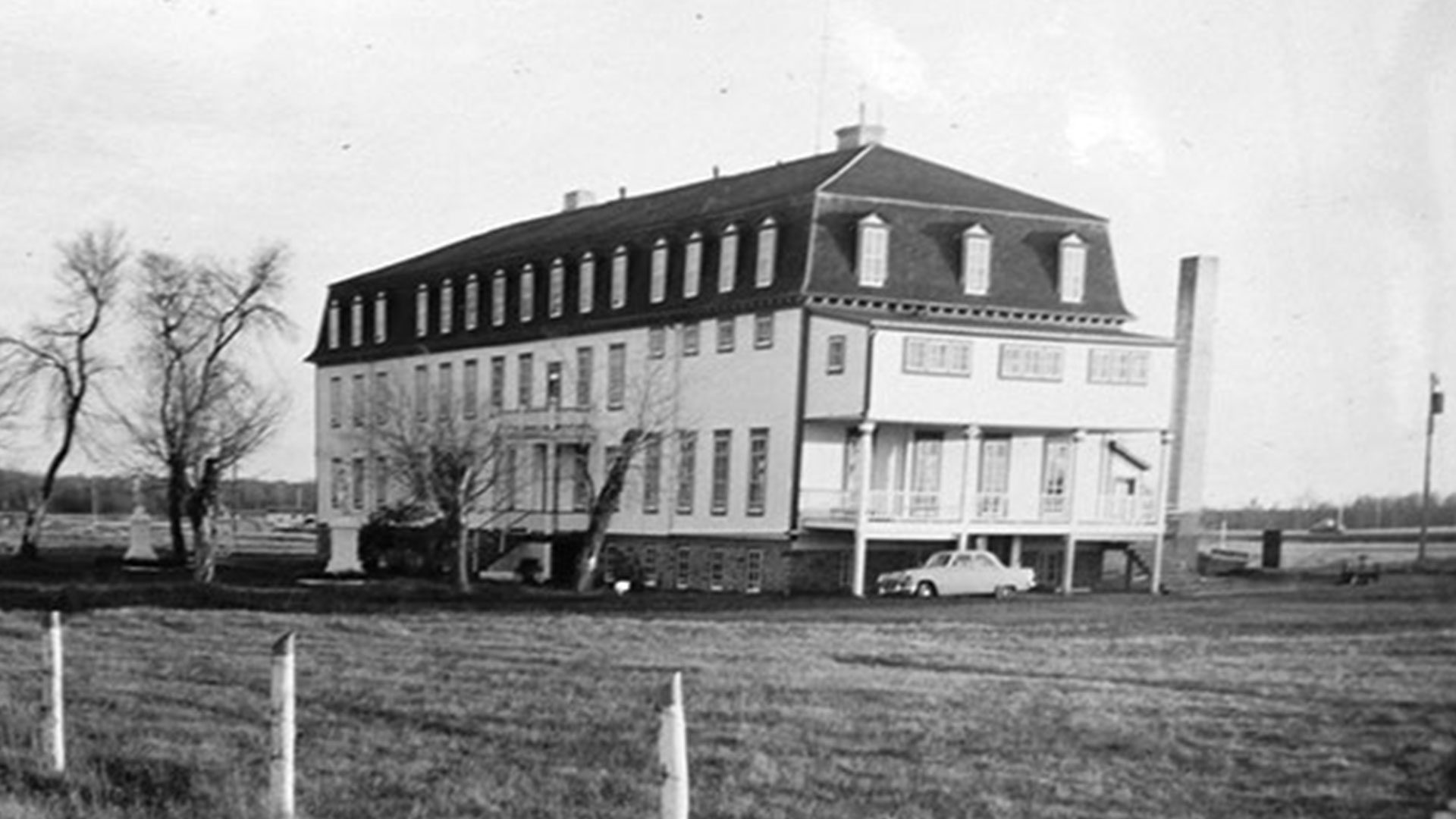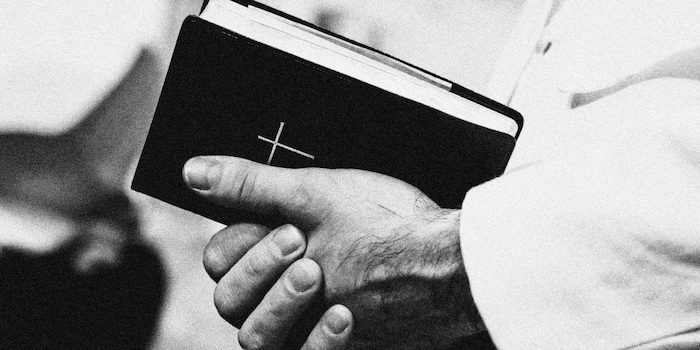— The ‘crushing’ new tactic the church uses to block claims by abuse survivors
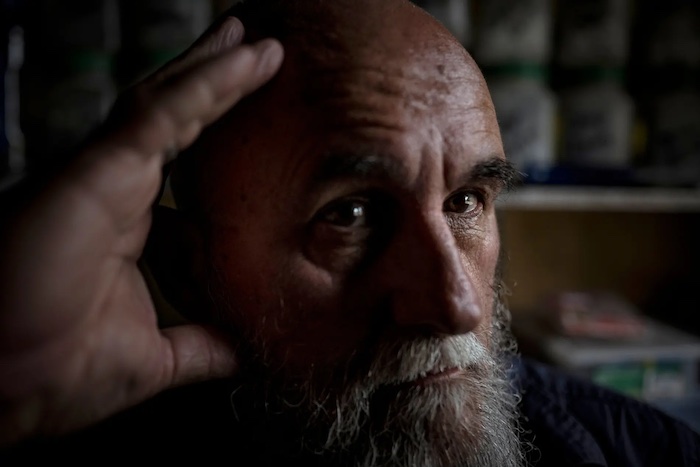
Strategy used to deny compensation is a ‘stark example’ of Catholic clergy prioritising the advice of lawyers over moral leadership
In the small workshop behind his home in the Victorian country town of Broadford, Craig Waters was huddled on the floor, rocking back and forth. He’d been back there for hours, crying and alone, trapped anew in childhood nightmares.
Waters was trying to process what the Catholic church had just told him: it was threatening to thwart his attempt to receive justice for the horrors he says he experienced as an eight-year-old boy at St Brendan’s Catholic primary school in western Sydney.
There, a Catholic nun he dubs “the witch” would take him away from his friends at lunchtime, lead him to a small dark room off the main assembly hall and shut the door.
“I remember always dreading the moment that she turned around and looked at me, as that was when she seemed to be at least 10 foot tall, her eyes looked like they were black holes in her face,” he later said in a witness statement seen by Guardian Australia.
“The witch” administered what were described as “evil lessons”. He was a boy, the nun said, which meant he had an evil thing in his pants.
It was the mark of the devil, the cause of his evil ways, and must be dealt with, she told him.
The sexual abuse Waters alleges he suffered repeatedly in that room sent him spiralling into teenage homelessness and drugs, shattered his relationship with a disbelieving, devoutly Catholic mother and led to long-term psychiatric harm.
The abuse only stopped when another nun stumbled into the room. “The witch”, Waters later found out, was subsequently moved and promoted to a deputy principal position.
It took half a century for Waters, with his family’s support, to confront his past and sue the church, seeking an apology and acknowledgment of the harm done to him.
The church, he says, responded with unexpected aggression. It informed his lawyers at Maurice Blackburn that it would try to prevent a court from even considering his allegations at trial: it would use the death of Waters’ abuser, Sister Agnes Francis, to claim it could no longer have a fair trial.
The same church that engineered a decades-long cover-up of industrial-scale clergy abuse was now effectively telling Waters that his delay in coming forward had left it in an unfair position.
“I’m 62 this year, and I couldn’t even tell you the last time I cried,” Waters says. “Probably when my dad died, and that was back in ’86. And I was broken down in tears, I was sobbing.
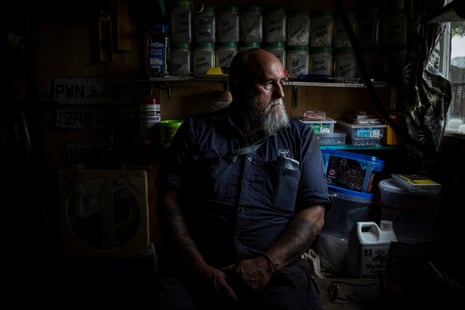
“To know that they can, just with the flick of a switch, think they can turn off a person’s life like that – it’s crushing, it’s soul-destroying. It’s like saying, ‘Yeah, we know something happened to you but we don’t give a rat’s arse, so we’ll just close the book and you can go and die for all we care.’
“That’s what they do, they kill you. They kill you a little bit inside when they do that.”
Waters and his lawyers stared the church’s threat down. His legal team were eventually able to secure him a confidential settlement. But a Guardian Australia investigation has revealed that Waters’ treatment is far from isolated.
A pattern of delay and denial
In interviews with 13 lawyers working on separate abuse cases, analysis of court records and in discussions with survivors and their advocates, the Guardian has found that the church is now routinely using the deaths of clergy to either have survivors’ claims thrown out or to force them to accept paltry settlement amounts.
The strategy is being used even in cases where the dead priest or brother was a notorious paedophile who had previously abused other children and where the church had failed to act to remove the perpetrator. In one case it has been accused of sitting on its hands for almost two years, deliberately waiting for one of the worst Catholic school offenders in New South Wales to die without seeking any response to a new survivor’s allegations – and then using his death to argue it cannot receive a fair trial.
The approach has prompted a damning intervention from Francis Sullivan, who once led the Catholic response to the child abuse royal commission.
He describes it as “another layer of abuse” for survivors and a “stark example” of the church again prioritising the advice of lawyers and insurance companies over any sense of moral leadership.
“The royal commission very bluntly said the church leaders failed in their leadership, their moral leadership, and it was a damning finding,” Sullivan, the former chief executive of the Catholic church’s truth, justice and healing council, tells Guardian Australia.
“And I said it all along that church leaders – whether they’re religious orders, or whether they were bishops – did not exercise their moral leadership, but too often just took the advice of lawyers and insurance companies, whose job is to tell them what the law states, not what the moral law says.
“This is another stark example.”
The Marists and the case of Mark Peters
When the abuse survivor Mark Peters* first notified the Marist Brothers of his plans to sue in 2020, the man he accused was still very much alive. Brother Francis “Romuald” Cable, one of NSW’s worst Catholic school offenders, remained behind bars, serving lengthy jail sentences for abusing two dozen children at Marist schools throughout the 1960s and 70s.
After learning of Peters’ intention to sue, the Marist Brothers had almost two years to put his allegations to Cable and get his version of events. Instead, the Marists did nothing, blaming their inaction on a 2015 statement from Cable’s lawyers that he did not wish to speak to anyone from his old Catholic order.
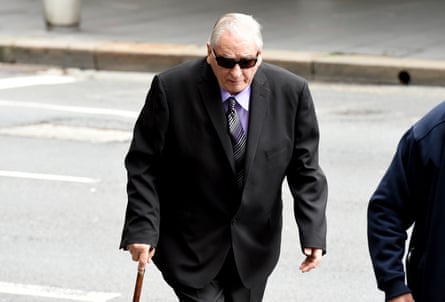
After Cable died in September 2022 the Marists claimed they were now no longer able to have a fair trial because Peters’ allegations had never been put to him.
The argument has been described as “perverse” by Peters’ lawyers.
During the child abuse royal commission, the Marists faced criticism for thwarting and delaying justice for abuse survivors. The royal commission found that between 1962 and 1993 the Marists had a deliberate policy of concealing abuse complaints from police. In Cable’s case, the Marists’ failures to act on clear evidence that he was abusing children – including his own admissions – were described as “extraordinary and inexcusable”.
The Marists’ application for a permanent stay was heard in the NSW supreme court this month and is now awaiting judgment.
An analysis of court records suggest there are 13 cases where the church or other institutions, mostly the Marists and the Christian Brothers, are seeking or threatening permanent stays in abuse cases.
Ross Koffel, the managing principal of Koffels Solicitors and Barristers, has been representing abuse survivors for 13 years. He is unable to speak about specific cases, including Peters’, whom his firm is representing, but says the same tactic is now being employed right across the country.
It is also being used as a threat to lowball survivors in settlement negotiations, he says.
“It’s on everyone’s lips all over Australia,” Koffel tells Guardian Australia. “Everyone is aware of it. So it’s used either as a threat or to try to reduce the amount of the quantum of the damages, to say, ‘Now listen here, if you don’t accept this sort of money, then we will put on a stay application.’”
The impact on survivors, he says, is tragic.
“There is no regard for the victim,” he says. “None whatsoever. It is incredible. It is callous, and it is driven by money alone.”
Opening the floodgates: the GLJ decision
The church’s approach in such cases relies heavily on a key decision made by NSW’s highest court last year.
That decision ruled that the death of the Lismore priest Father Clarence Anderson left the diocese unable to fairly defend itself against the allegations of a woman known as GLJ, who alleges that she was abused as a 14-year-old girl in 1968.
Court documents seen by Guardian Australia show the church had known of other abuse complaints against Anderson before GLJ’s abuse but failed to remove him from circulation.
Instead he was moved between parishes, first from Kyogle to Macksville, then to Maclean and Lismore. Church records show there were complaints of abuse against Anderson in all four parishes.
GLJ’s lawyers, Ken Cush & Associates, are appealing against the decision to the high court. They are arguing, among other things, that the decision conflicts with significant reforms to remove time limits for abuse claims enacted after the royal commission across all states and territories.
Those reforms recognise the significant barriers facing survivors, who take 22 years, on average, to come forward.
“The legislature’s emphatic policy is that claims for historical child sexual abuse should be permitted to proceed to trial notwithstanding the lengthy passage of time,” GLJ’s lawyers told the high court.
The case, due to be heard this year, will be keenly watched.
Jeremy Roche, a compensation law partner at Attwood Marshall Lawyers, says firms that act for survivors are hoping for a “morally and legally acceptable decision”.
“Most abuse victims cannot speak about the abuse until decades later, and their much older paedophile abusers are often dead by the time they do,” he says. “If an abuser’s death becomes yet another unfair barrier to abuse claims, abuse survivors lose out again and we are all going to suffer as a community.”
Many believe that legislative reform will be needed to address the problem, regardless of what the high court decides.
Guardian Australia understands that multiple law firms, academics and survivors have approached the NSW attorney general, Mark Speakman, to complain about the church’s actions.
Speakman’s office told the Guardian last year that he had asked his department to monitor the GLJ case and to provide him with further advice on the matter.
‘The keepers of the secrets’
In instances where clergy have died, the church is also raising the lack of any documentary evidence as a compounding factor in the unfairness they face.
How can they respond to allegations when the alleged perpetrator is dead and there is no documentary evidence about complaints that may have been made about them?
But, well before any of the current court cases, the royal commission showed that many arms of the church deliberately did not keep records of abuse complaints.
Its final report said problems with “records and record-keeping were raised directly or indirectly in virtually all of the royal commission’s case studies, as well as in our private sessions”.
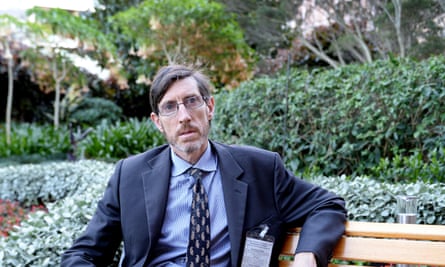
The Marists, for example, were found to have kept accusations or admissions of sexual misconduct by their brothers out of written records until 1983.
“Before 1992, there was nothing kept in writing concerning the transfer of brothers nor, before 1983, were written records kept of allegations against, or admissions by, brothers,” the royal commission found.
John Ellis, a lawyer and an abuse survivor whose unfair treatment in the courts prompted an apology from George Pell, calls the latest tactic from the church immoral, given its shameful history in thwarting justice.
“In circumstances where there has been strong evidence in the royal commission of religious bodies being aware of abuses and covering them up, creating a situation where the leaders of the religious bodies became ‘the keepers of the secrets’, it is immoral for the same institutions to rely on the delay by survivors in coming forward … [and] the death of those ‘secret keepers’ to defeat the claims of survivors,” he says.
The Marists deny their use of stays was part of any deliberate strategy, sayingthey review cases on their merits and are guided by “legal precedents and considerations”.
“Where the accused is not able to respond to the allegations, and a fair trial will not be possible due to the absence of the accused’s response, it is accepted that an application for a permanent stay of proceedings is able to be considered,” a spokesperson says.
The order says the national redress scheme, which offers capped amounts of compensation, is an alternative to claims that cannot be pursued in court due to the “effluxion of time”.

The order also denies the approach is at odds with the royal commission findings, saying: “The royal commission recommended that the courts retain their inherent jurisdiction to grant a permanent stay because it recognised that there will be occasions when a fair trial would not be possible.”
Waters says his civil claim was never about the money. It was about an apology and an acknowledgment of the horrors he had suffered.
“At the same time, I didn’t want to relive it,” he says. “Every time you relive it, it crucifies you every time.”
Complete Article ↪HERE↩!

